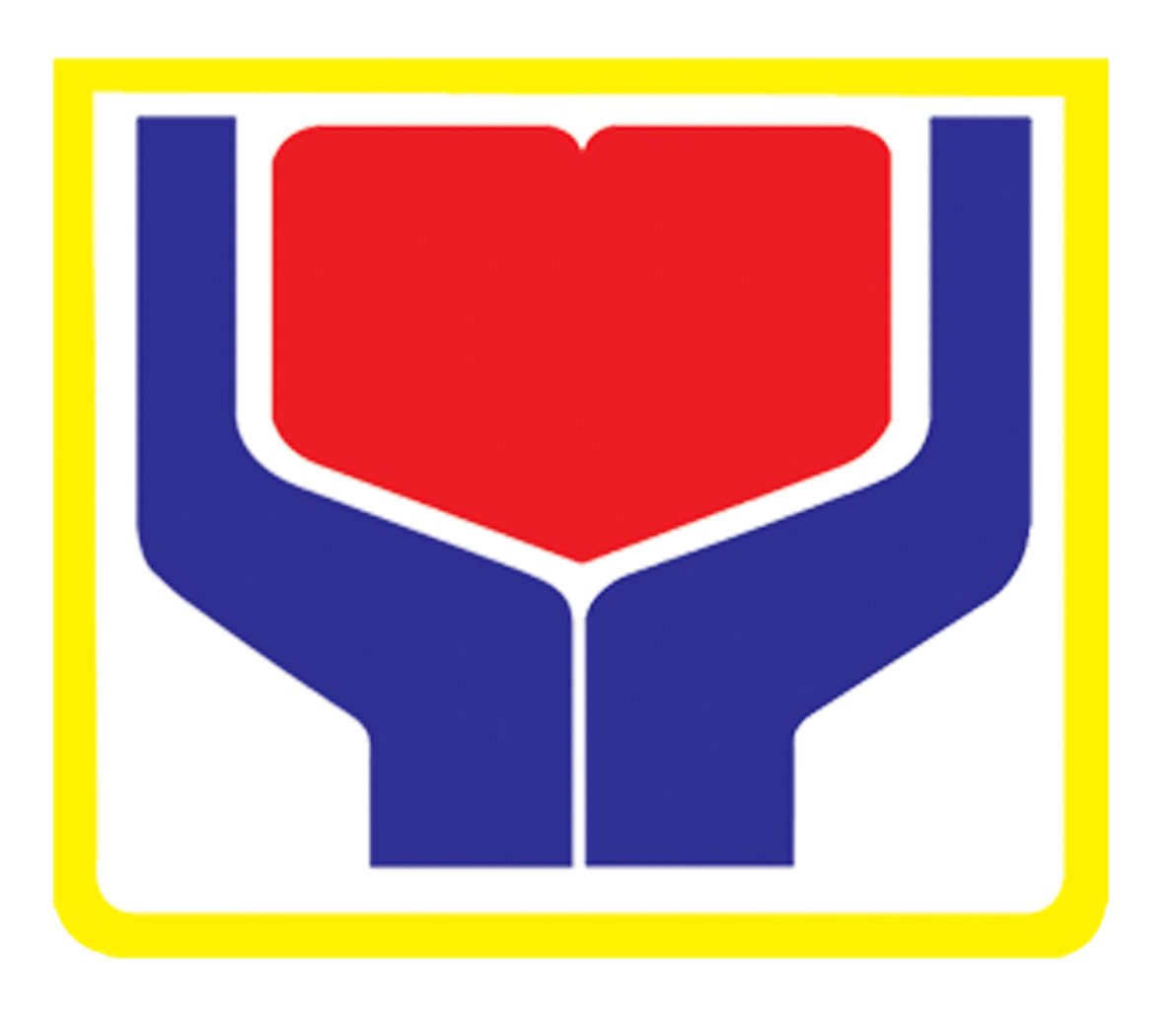Two municipalities in Quezon Province—Pitogo and Padre Burgos—will be implementing the Kapit Bisig Laban sa Kahirapan-Comprehensive and Integrated Delivery of Social Services (Kalahi-CIDSS) of the Department of Social Welfare and Development (DSWD). The said municipalities are currently being prepared for the full program implementation this August.
In the CALABARZON Region, there are already 20 municipalities in the said province that are implementing Kalahi-CIDSS since June 2014. There are 628 subprojects being implemented across these municipalities, among them are farm-to-market roads, school buildings, water systems and health centers.
“We ensure to cover the poorest areas to serve people who are really in need of improved access to basic social services. We also aim to empower these people to plan and implement community projects that would really address their needs,” said Ma. Philda Potes, Kalahi-CIDSS Community Development Specialist for the CALABARZON Region.
The municipalities of Pitogo and Padre Burgos are targeted for Kalahi-CIDSS implementation based on their income class and poverty incidence. Both are 4th class municipalities with poverty incidence higher than the national average of 26.5% (based on National Statistical Coordination Board 2009).
Pitogo and Padre Burgos are allotted PhP8.55 Million and PhP8.06 Million grant respectively for the first program cycle implementation. The respective LGUs, on the other hand, provided their local counterpart contributions worth PhP1.13 Million for Pitogo and PhP1.09 Million for Padre Burgos.
Last April, an enrollment workshop with the LGUs of the said municipalities was held to orient them on the Kalahi-CIDSS process.
The Kalahi-CIDSS is a poverty reduction program of the DSWD that uses the community-driven development strategy in implementing need-responsive sub-projects in poor municipalities. It trains the ordinary citizens to plan, budget, and implement community projects that address their most pressing needs.#
